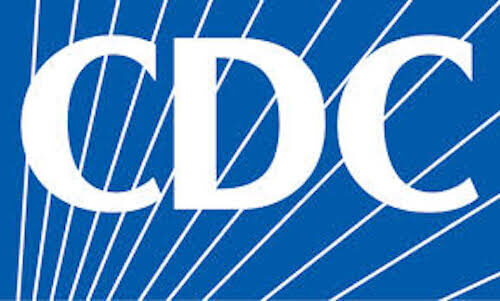Developmental Disabilities Epidemiology Fellowship, CDC
Category : Post-Grad Student Opportunities
Description
Two summer research opportunities are currently available with the Child Development & Disability Branch (CDDB), of the Division of Human Development and Disability (DHDD), National Center on Birth Defects and Developmental Disabilities (NCBDDD) at the Centers for Disease Control and Prevention (CDC) in Atlanta, Georgia.
The National Center on Birth Defects and Developmental Disabilities (NCBDDD) seeks to promote the health of babies, children, and adults with disabilities. The work of NCBDDD includes identifying the causes of birth defects, developmental disabilities, helping children to develop and reach their full potential, and promoting health and well-being among people of all ages with disabilities. NCBDDD has three Divisions that carry out this mission: Division of Birth Defects and Infant Disorders (DBDID), Division of Human Development and Disability (DHDD), and Division of Blood Disorders (DBD).
Specifically, these opportunities are currently available within DHDD’s Child Development and Disability Branch (CDDB). DHDD leads inclusive programs to optimize the health and development of children and adults with, or at risk for, disabilities. Moreover, major priorities of the Division include a) identifying and reducing disparities in key health indicators (obesity, tobacco, etc.) among persons with disabilities; b) improving developmental outcomes of children; c) ensuring that all newborns are screened and assessed for hearing loss and receive appropriate intervention; and d) reducing disparities in health care access for persons with disabilities. Under the guidance of mentors of the Epidemiology and Surveillance Teams, the participants will be trained in the following projects and activities:
For the Epidemiology Team:
- Draw upon public health training and experience to recommend and contribute to various elements of the DHDD/CDDB activities, such as public health surveillance, project coordination, data analysis, presentation, and writing by supporting activities of autism in the Georgia Study to Explore Early Development (SEED) and the Georgia Study SEED Teen research studies
- Receive mentorship and guidance: 1) in the day to day activities for one of the largest multi-site research study addressing autism and developmental disabilities; 2) on data analysis for major publications and leading analytic strategies for self-initiated publications and presentations; 3) in the development of key communication strategies for dissemination of surveillance and epidemiological study findings; 4) on the management, design, and development of research study methods, including data linkages with vital records and census indicators and compilation of analysis datasets; and 5) in the development and implementation of program evaluation methods.
- Contribute to the preparation/assembly of research study materials
- Participate in performing quality checks on all study forms received from study participants
- Contribute to data entry of the GA SEED and SEED Teen research study forms
For the Surveillance Team:
- Draw upon public health training and experience to recommend and contribute to various elements of the DHDD/CDDB activities, such as public health surveillance, project coordination, data analysis, presentation, and writing by supporting activities of autism in the Developmental Disabilities Monitoring (ADDM) Network and the Metropolitan Atlanta Developmental Disabilities Surveillance Program (MADDSP)
- Acquire scientific knowledge in the field of autism and other developmental disabilities
- Provide opportunity to learn surveillance data collection procedures and evaluate improvement for efficiency
- Receive mentored guidance in the day-to-day activities necessary for a multiple-state surveillance network
- Engage and have the opportunity to learn data management, scientific communication, and critical thinking needed for analysis and scientific writing
- Train in conducting literature reviews for autism prevalence studies
- Perform data entry and cleaning of an analytic database for cerebral palsy analysis
- Contribute to the communication of data proposals to ADDM investigators and track progress of abstracts and manuscripts
- Engage with principal investigators to analyze trends in autism prevalence over time, and may contribute to the preparation of abstracts and manuscripts
This program, administered by ORAU through its contract with the U.S. Department of Energy to manage the Oak Ridge Institute for Science and Education, was established through an interagency agreement between DOE and CDC. The initial appointment can be up to one year, but may be renewed upon recommendation of CDC contingent on the availability of funds. The participant will receive a monthly stipend commensurate with educational level and experience. Proof of health insurance is required for participation in this program. The appointment is full-time at CDC in the Atlanta, Georgia, area. Participants do not become employees of CDC, DOE or the program administrator, and there are no employment-related benefits.
Qualifications
The qualified candidate should be currently pursuing a master’s degree in one of the relevant fields.
Preferred Skills:
- Data analysis and analytical skills
- Research
- Data collection
- Public health surveillance
Apply
Click here to learn more about the opportunity and to apply online!
